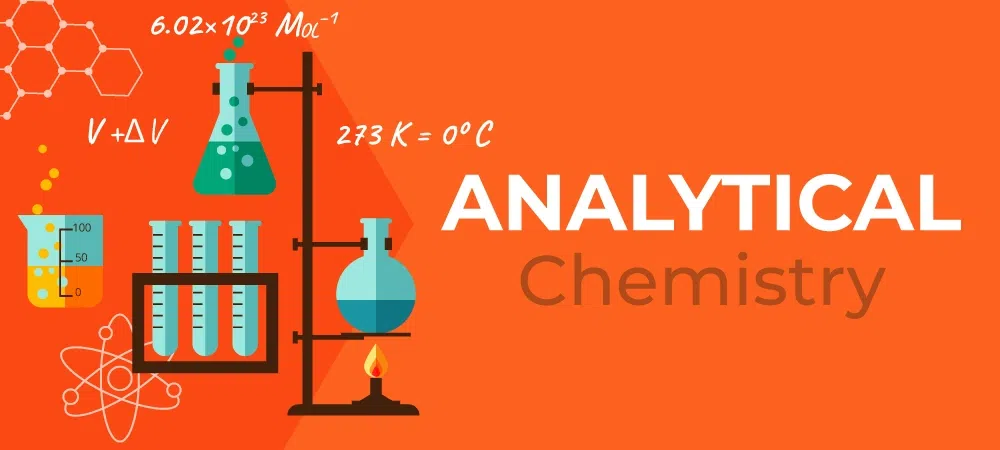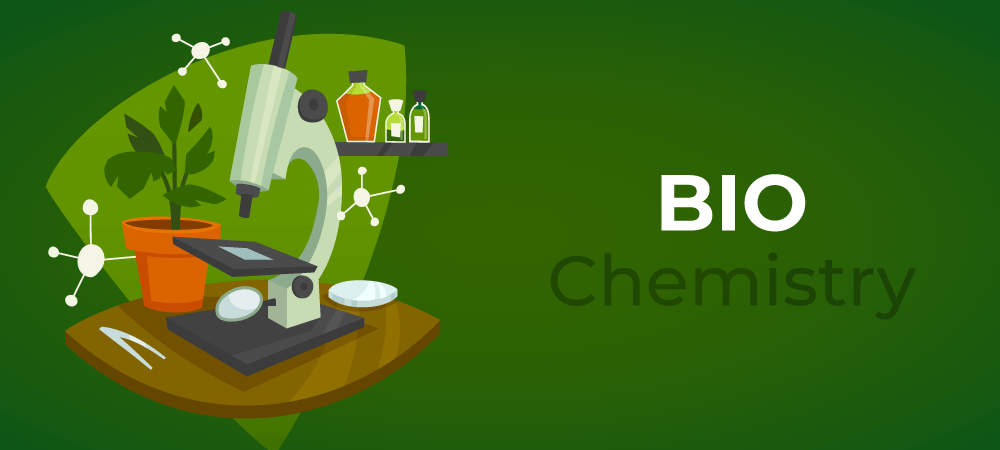Chemistry is the scientific study of matter, its properties, composition, and interactions. It is often referred to as the central science because it connects and bridges the physical sciences, such as physics and biology. Understanding chemistry is crucial for comprehending the world around us, from the air we breathe to the food we eat and the materials we use in everyday life.
Chemistry has many sub-disciplines such as analytical chemistry, physical chemistry, biochemistry, and more. Chemistry plays a crucial role in various industries, including pharmaceuticals, materials science, environmental science, and energy production, making it a cornerstone of modern science and technology
The area of science devoted to studying nature and also composition, properties, elements, and compounds that form matter as well as looking into their reactions forming new substances is chemistry. Chemistry has also been categorized further based on the particular areas of study.
What is Chemistry?
Chemistry focuses on the properties, both physical and chemical structure, transformations they undergo as well as the energy that is either absorbed or released during reactions that accompany these structural changes.
All materials on earth whether they are naturally occurring or are artificially produced include fundamental units known as atoms. These atoms also consist of elementary particles, but they are called the structural and fundamental entities of chemical substances.
Chemistry includes writing the composition of compounds, their uses, and also how they are used along with the synthesis of new compounds by combining two or more substances.
Chemical processes include cooking, fermentation, glass making, and also metallurgy. Advancements in chemical technology have led to the production of semiconductors, liquid crystals, Teflon, and also superconductors among others.
Branches of Chemistry
Chemistry is divided into five branches as follows:
- Physical Chemistry
- Organic Chemistry
- Inorganic Chemistry
- Analytical Chemistry
- Biochemistry
Physical Chemistry
Here, this field of chemistry focuses on the many processes and changes that take place in materials. It tries to quantify, correlate, and rationalize the structural properties of reactions through its unique approach focusing on physical principles underlying all chemical interactions (e.g., gas laws). It is a combination of physics and also chemistry to examine the elements in a superior manner.
In physical chemistry, we can see how molecules and atoms interact with each other to create specific molecules. We can also know many other aspects of the issue, such as those relating to its transformation from solidity into liquid.
Organic Chemistry
Organic chemistry is one of the branches of this science that describes the structure, properties, and reactions of carbohydrates having carbon atoms as a dominant element. Chemicals in this branch are hydrocarbons (compounds containing only carbon and hydrogen) as well as other substances that contain carbon along with oxygen, nitrogen, sulfur, phosphorus halogens etc.
These substances and chemicals make up the organic compounds that dominate over earthly life forms.
Inorganic Chemistry
This category contains the analysis of non-carbon compounds and also some organometallic combinations. It primarily discusses the non-carbon compounds. Most inorganic compounds are ionic, comprising the cations and anions linked by ion-covalent bonds. The study of oxides, carbonates, sulfates and also halides are included in the Inorganic compounds.
Analytical Chemistry
This branch deals with the separation and quantification techniques using various equipment. It involves a number of techniques to study and measure substances like separation, the identification or quantification This branch may employ classical methods, wet chemical methods and also modern analytical techniques.

Biochemistry
This is the branch of chemistry that specializes in examining the chemical substances and reactions involved with plants, animals, or also microorganisms. This branch deals with the chemistry of the life.

Examples and Applications of Chemistry in Our Daily Lives
Chemical reactions are always taking place around us. The human body is made up of chemical substances. Our human body is 70% water. The way we react to situations is all because of the chemical reactions of hormones. From the digestion of food to how we think, we are surrounded by chemistry and chemical reactions. A few applications of chemistry in our daily lives are given below :
- A chemical reaction is the process of photosynthesis where plants make food and water, sunlight, and carbon dioxide supplies are changed into glucose and also oxygen.
- Therefore, the use of soaps and detergents to get rid of dirtiness is not only a biological function but also a chemical reaction. These will not occur without the chemistry required.
- Medicines are drugs that mend humans by curing them from diseases and infections.
- Another use of chemicals in our daily lives is packaged foods.
Free Chemistry Study Material
CBSE Chemistry Notes
CBSE Notes for Class 8 Chemistry
CBSE Notes for Class 9 Chemistry
CBSE Notes for Class 10 Chemistry
CBSE Notes for Class 11 Chemistry
CBSE Notes for Class 12 Chemistry
Chemistry Frequently Asked Questions
What is the periodic table?
A periodic table is a tabular representation in which all the known chemical elements are arranged in horizontal rows called periods and vertical columns called groups based on their atomic number and atomic structure respectively.
Why is water called the universal solvent?
It is called universal solvent because it can dissolve maximum number of substances than any other liquid in nature.
Chemistry has how many branches?
Chemistry is divided into five branches such as physical chemistry, organic chemistry, inorganic chemistry, analytical chemistry, and biochemistry.
What is ph value?
It is a value that ranges from 0-14 which tells us how acidic or basic a substance is .
Which compound is known as the Plaster of Paris?
Calcium Hemihydrate(CaSO4.1/2H2O is known as Plaster of Paris(POP).